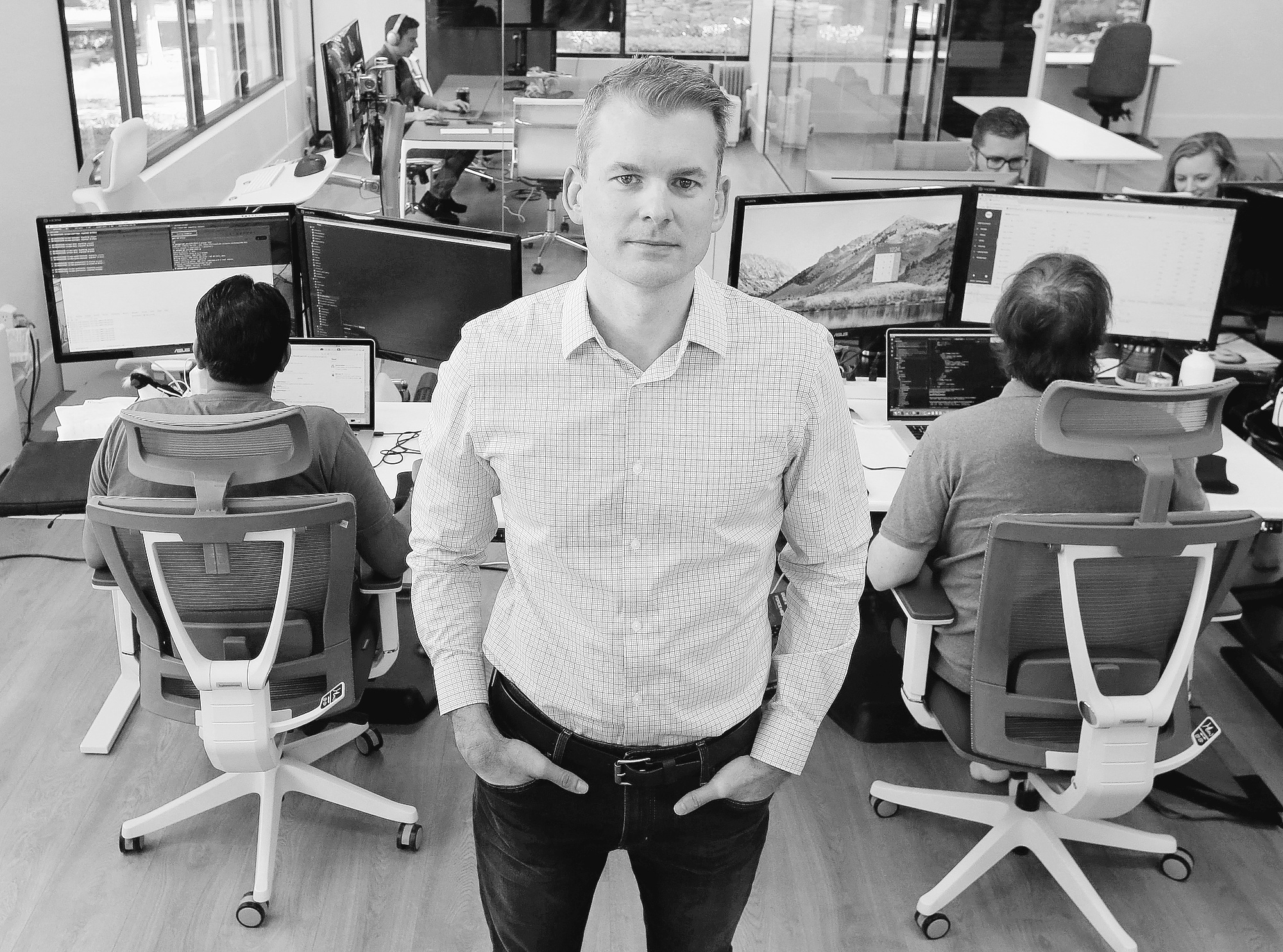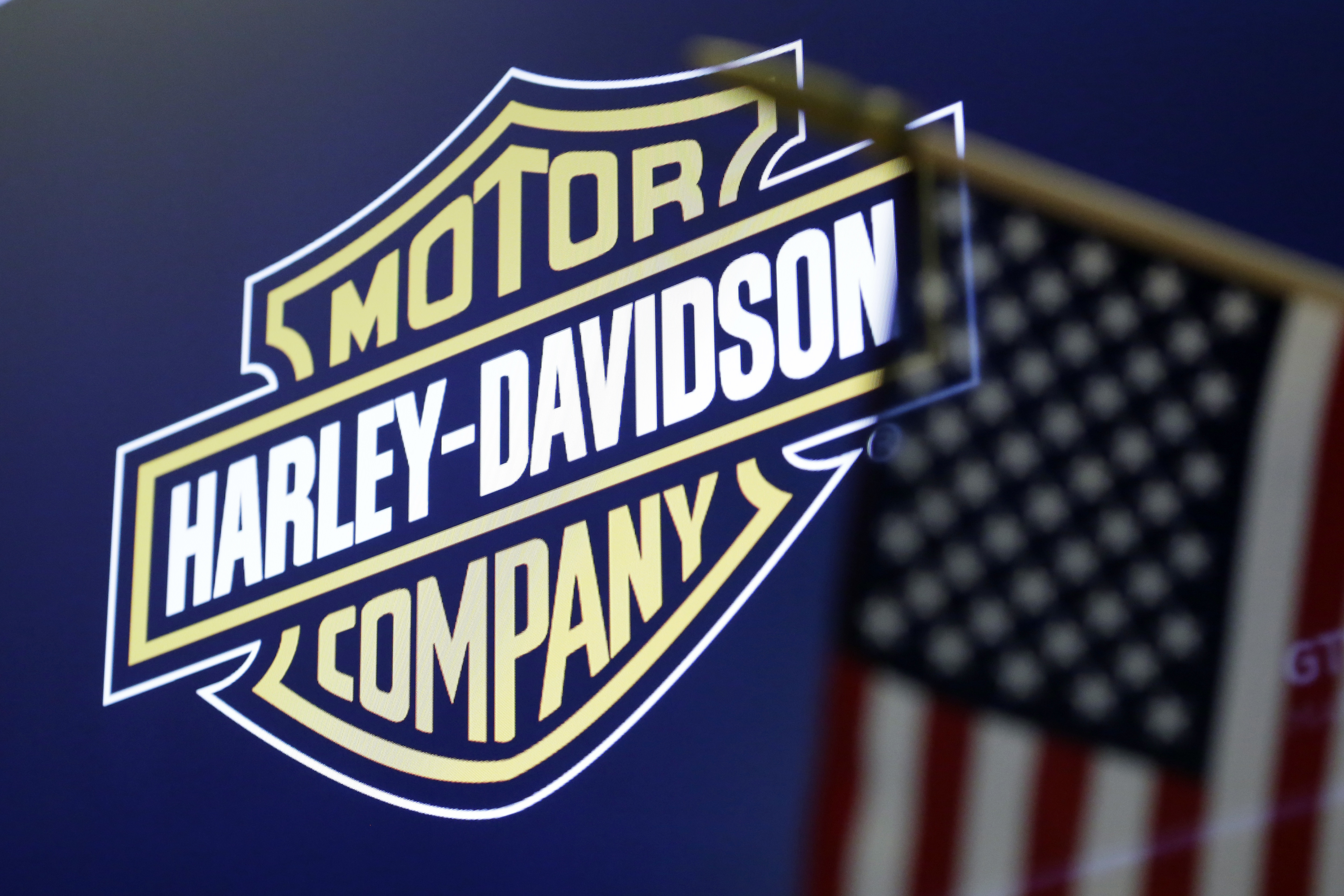
By JOYCE M. ROSENBERG
Associated Press
NEW YORK (AP) — When a small business is involved in a lawsuit, an owner’s concern can’t only be about winning or losing — it also has to be about making sure the company stays on track. Owners who have been sued or who brought lawsuits themselves must meet with lawyers, gather evidence and sometimes give depositions. If they have employees whose testimony is needed, bosses must spend time with them explaining the situation. The time and energy it takes can be a huge disruption to normal operations.
“It was like I had to take on another job — being a defendant. It probably added three hours to my day,” Burke Files recalls of the lawsuit brought against his company, Financial Examinations & Evaluations, in 2010. Another business charged Files’ company with libel because of information one of his employees posted on a website unconnected to Files’ Tempe, Arizona-based firm. Files hired a legal clerk to read and gather documents, but oversaw the litigation himself and still had to go through company’s records in search of evidence: “all the communications for the past five years of every single person in the firm.”
The lawsuit kept Files from focusing on running the company, and he estimates that the case cost him more than $500,000 in lost business and $15,000 in legal costs. The firm, which investigates companies’ finances, prevailed nine months after the suit was filed, when its opponent dropped the case. Although lawsuits brought by other companies can be distracting, they tend to be less time-consuming and disruptive than product liability suits or cases brought by employees for harassment or back pay, says Joshua Bauchner, an attorney with Ansell, Grimm & Aaron in Woodland Park, New Jersey. The vast majority of business cases are settled before going to trial, he says.
Still, the companies do go through discovery, the process of sharing documents and evidence, and often depositions are taken. Lawsuits brought by current or former employees can be devastating to a small business, especially when other staffers are deposed, Bauchner says. “It can be invasive into the company’s operations and it can be invasive to its personnel,” he says. “There’s a loss of productivity because everyone’s on pins and needles.”
Jerry Lang’s travel agency was sued for back pay by a former staffer who quit following a dispute. Lang estimates it took more than 1,500 hours of work by several managers and Lang himself to wade through more than 100,000 emails and other records at House of Travel in Aventura, Florida.
Lang found that meetings with his attorney ate up more time than expected, and that cut into time he could spend with clients. A two-hour meeting at a lawyer’s office meant four to five hours out of his day with travel time, he says. House of Travel won the case, but Lang felt he had to make adjustments. After nearly 30 years of using the honor system when it came to staffers’ hours and workweeks, Lang implemented a system of clocking in and out.
“The lawsuit made us change our whole culture from one of family to being a business,” Lang says. A half-dozen lawsuits over contract issues and unpaid invoices have taught David Jackson to set some mental boundaries while a case is going on.
“You have to be careful not to allow it to distract you. It can take over your mind and where you’re focusing your emotional energy on a daily basis,” says Jackson, CEO of FullStack Labs, an app and software developer in Granite Bay, California. He tries to hand the cases over to his attorney, or, if he needs help from the staff, asks one employee to be responsible for securing documents and making sure deadlines are met. “You want to see justice happen, but you have to understand it’s not a good use of your time” as an owner to concentrate on a suit, Jackson says. FullStack Labs has settled its suits, something Jackson attributes to open communication with opponents. “I think we’re justified, I think we’re going to win, but I’m open to settling,” he tells them.
Faced with mounting lawyers’ fees, both parties have come to an agreement in each case.
Patent infringement suits have become part of the business at MONKEYMedia, which researches and develops virtual reality and other video and sound technology, but the firm is the one bringing the suits, often against big entertainment companies. Employees not only have to gather documents and other evidence and be deposed, they also sometimes must explain the technologies involved to attorneys. “All of these activities take time away from productive R&D activities and normal business relationship development activities,” says Eric Bear, CEO of the Austin, Texas-based company.
Because the company has brought several suits, it has — in Bear’s words — gotten good at juggling technology production with managing, and sometimes settling, cases. He makes sure that MONKEYMedia’s business is the priority. “We need to keep creating things. It’s who we are and what we do,” Bear says.



















